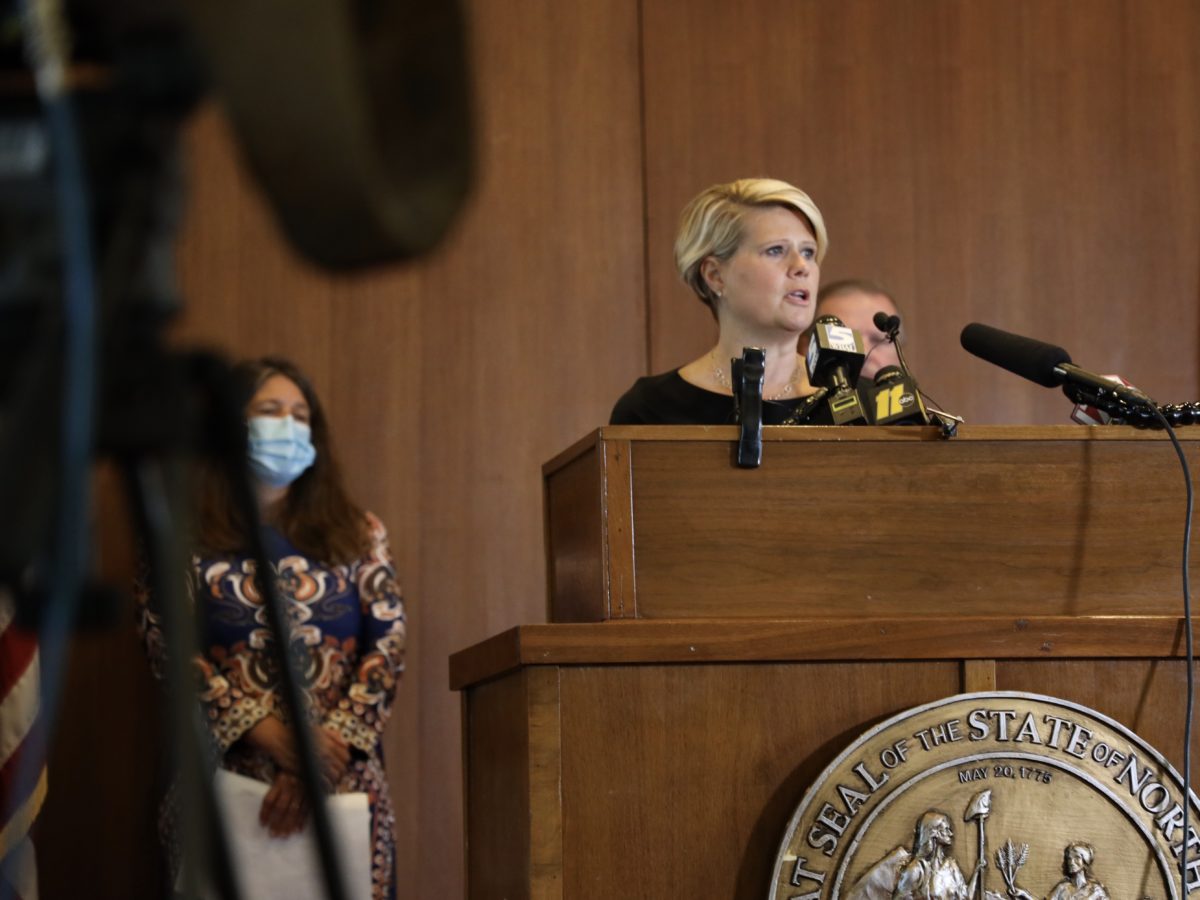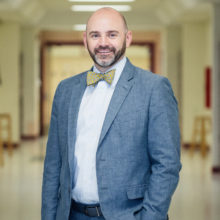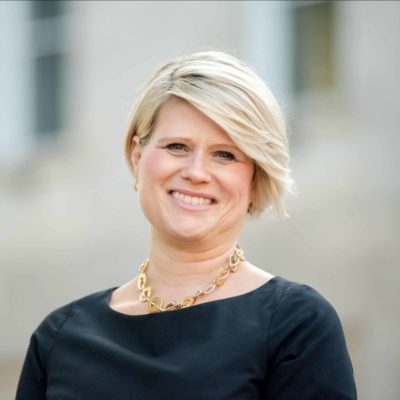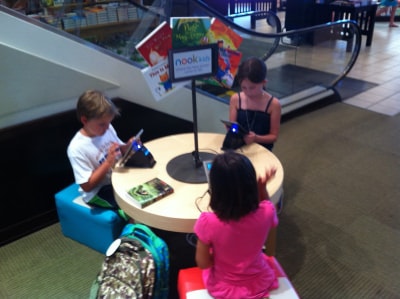
|
|
We would like to begin by recognizing that many individuals throughout our state are displeased with the term “learning loss,” specifically as it relates to the COVID-19 pandemic. The concept of “learning loss,” however, is well established in academic literature — more often in the context of summer learning loss or summer slide — with more than 1,200 references in the Education Resources Information Center (ERIC).
From a more local context, we’ve seen articles in 2016, 2017, 2018, and 2021.
We’ve also heard the term “lost instructional time.” We find this term equally — if not more — problematic. “Lost instructional time” assumes learning only occurs in the context of face-to-face instruction.
The COVID-19 pandemic disrupted the way we live, work, and educate our children. In the spring and fall of 2020, schools throughout North Carolina engaged in the monumental effort to pivot to remote instruction. In the spring of 2021, schools were required to offer in-person instruction, while simultaneously offering hybrid and remote-learning options.
While the data on the impact of each of these modes of instruction is emerging, to suggest that remote or hybrid learning is “lost instructional time” denigrates the work of those who, for the last 15 months, have committed themselves to providing the highest-quality teaching and learning for all children.
Earlier this year, Superintendent Catherine Truitt established the Office of Learning Recovery and Acceleration and Dr. Michael Maher is its first executive director. The title of the office is intentional. We simultaneously recognize that many children developed a variety of knowledge, skills, and habits they might not otherwise have had the opportunity to develop in response to the pandemic, but we also recognize that students have suffered real academic and social-emotional losses. Learning recovery includes both academic and social-emotional health and well-being. We are laser-focused on both recovery and acceleration, regardless of what individuals choose to call it.
Also intentional is the positioning of the Office of Learning Recovery and Acceleration at the center of Operation Polaris, Truitt’s four-year strategic plan. This plan recognizes that our pre-pandemic educational challenges are long-standing and have been exacerbated by COVID-19.
This fall, we expect to launch strategic initiatives at the state level and support locally sourced initiatives specifically related to learning recovery or those long-standing issues magnified by the pandemic. We will engage in ongoing evaluation of these initiatives with the intention of scaling them to identify promising practices throughout North Carolina. As we identify those promising practices, we will build a web-based dashboard as a means of sharing these initiatives and building the case for continued funding for those who have the greatest impact on the lives of children in North Carolina.
COVID-19 recovery is a marathon, not a sprint. Our work is only just beginning. We must focus on what really matters: improving the lives of children.






